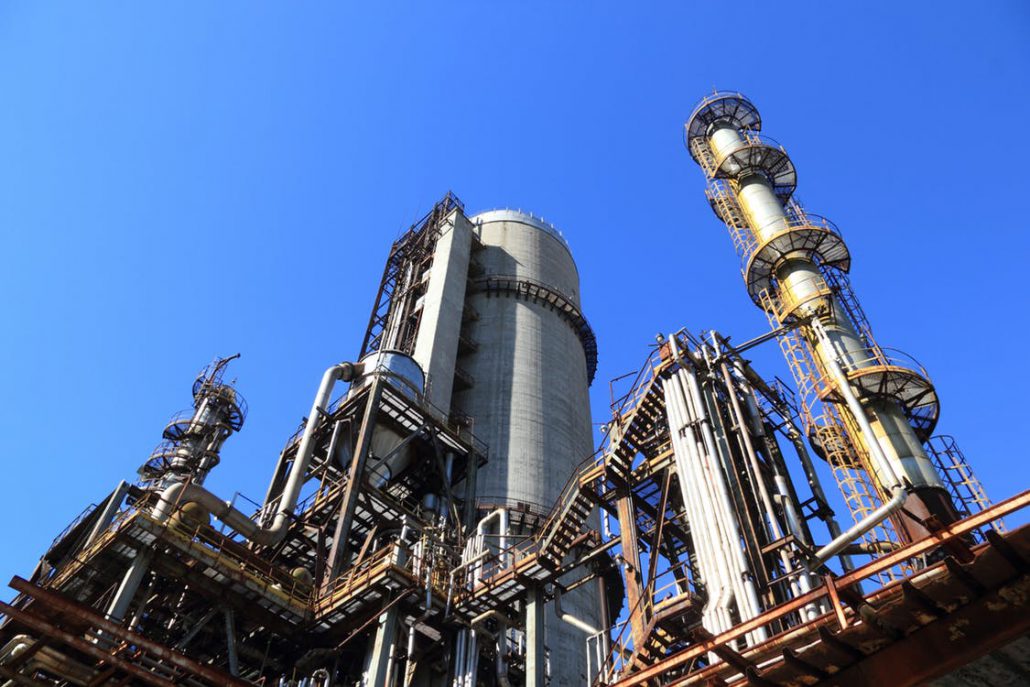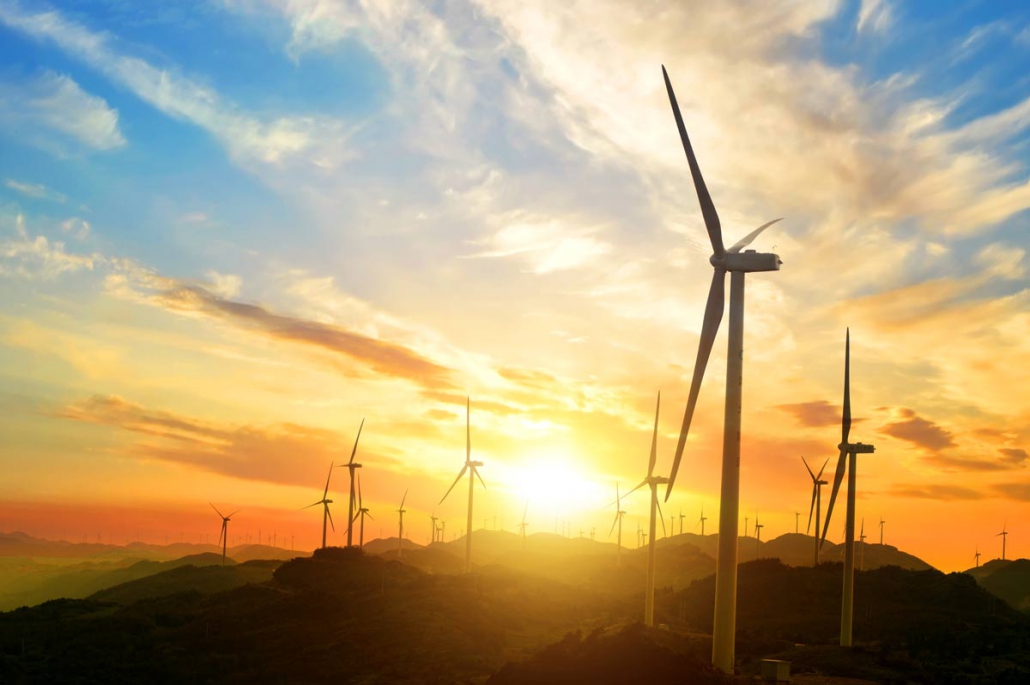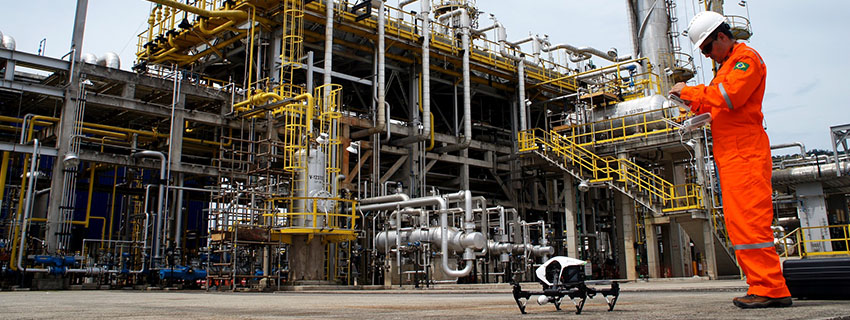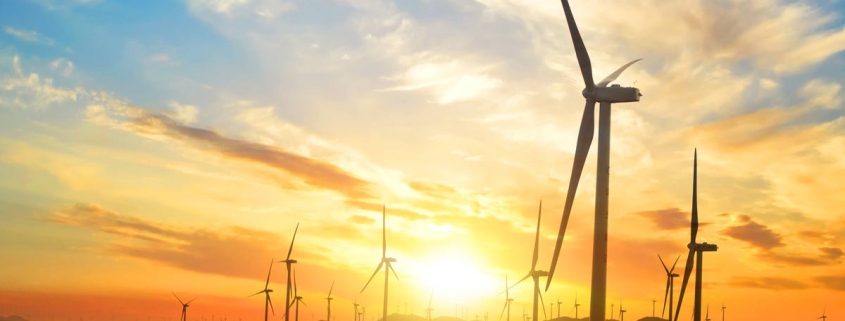Sustainable Energy vs. Renewable Energy: What’s the Difference?
From residential to commercial, sustainable energy and renewable energy development are both at the forefront of everyone’s minds. But what exactly is the difference between “sustainable” and “renewable” energy? Does the sustainable energy definition really differ from renewable? Let’s take a look at sustainable energy vs. renewable energy, especially in terms of what companies can expect today.
What is Renewable Energy?
Renewable energy is perhaps the simplest thing to think about. Renewable energy is energy that comes from renewable sources. An example is crops or biomatter. Energy that comes from, say, oil or natural gas is not renewable, because there is no easy way for these resources to be renewed. Because of the amount of time it takes for natural gas and oil to form, natural gas and oil can eventually be depleted; there is an effectively finite amount.
However, renewable energy from sources such as algae or biofilm can be easily replenished. The reason renewable energy has not eclipsed non-renewable energy is because it takes more time and effort to produce. But it does recover, which is the more important aspect.
Other types of renewable energy include hydro-electric power. While effectively this power is sustainable (it will continue), it does convert energy from water into raw energy that can be used. Because of this, it is dampening the flow of the water, and is not always able to run indefinitely.

An oil and gas facility 

What is Sustainable Energy?
Sustainable energy is energy that can never be depleted and doesn’t need to be produced. Sustainable energy is like the sun and the wind. Technically, the sun’s energy is finite, but not on a scale that matters to us on earth.
Sustainable energy is what most of the world is currently moving toward. Wind and solar power are becoming more affordable and more refined. With sustainable energy sources, energy can be acquired that is not finite, that can continuously be milled.
All sustainable energy can be considered renewable energy. But not all renewable energy can be considered sustainable energy. And renewable resources can potentially become unsustainable. As an example, tidal forces can be used to capture energy, but (in the very unlikely) event that all tidal forces or even most tidal forces were captured, it would be disruptive to the surrounding environments.
Of course, there are still issues. For instance, the machines that need to be built to use sustainable energy may require finite resources. Solar panels can take a lot of energy to produce even today, which means that there is an upfront cost of energy. No system is truly lossless.
Should Businesses Target Sustainable or Renewable Energy?
Both sustainable and renewable energy sources are critical. Often, businesses will use the sources that make the most sense for them. Wind farms may not be feasible in one environment, but hydropower might be. There is not really a major distinction between sustainable and renewable energy. For a large part, when people talk about sustainable and renewable energy sources, they are talking about products that are both. Wind power and solar power are both sustainable and renewable and they are widely considered to be the best, most reasonable, and most feasible replacements for our current non-renewable energy sources.
At the same time, the distinction can be important, because there are resources that are near-sustainable or near-renewable; there are resources that may renew, but may not be able to renew quickly.
Regardless of sustainable energy vs renewable energy, both concepts are very important to the modern business. Today, most businesses are trying to go green. That’s not just for public perception, which is important, but also because sustainability is important for everyone. Without sustainability, things will become more important, and ultimately, the harm to the environment will affect everyone.




